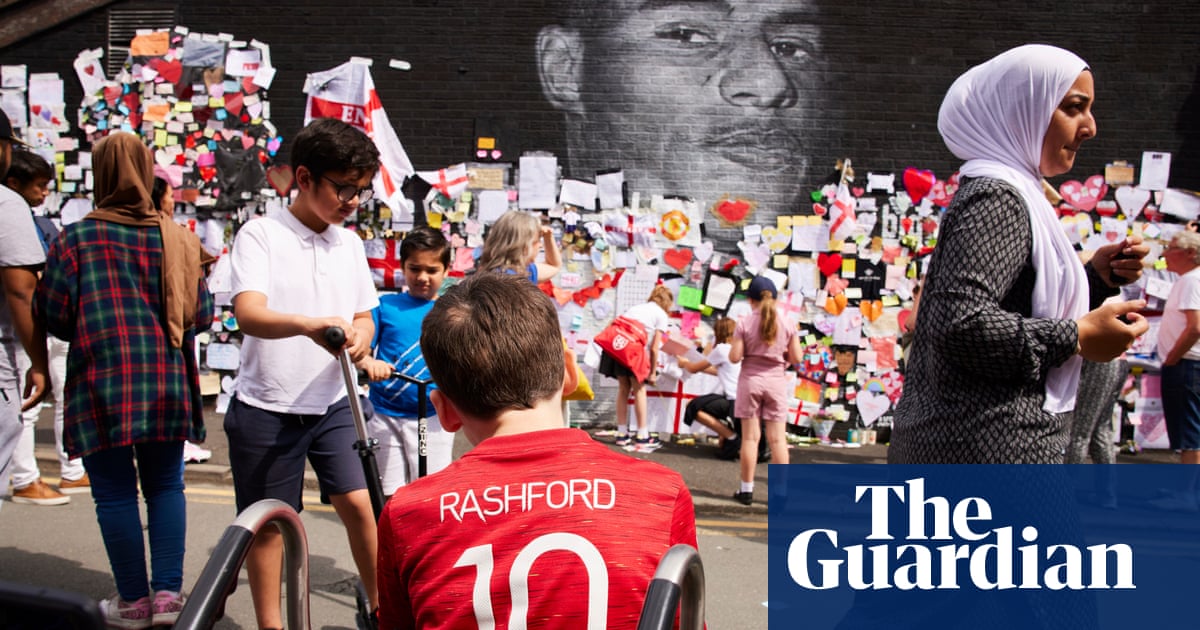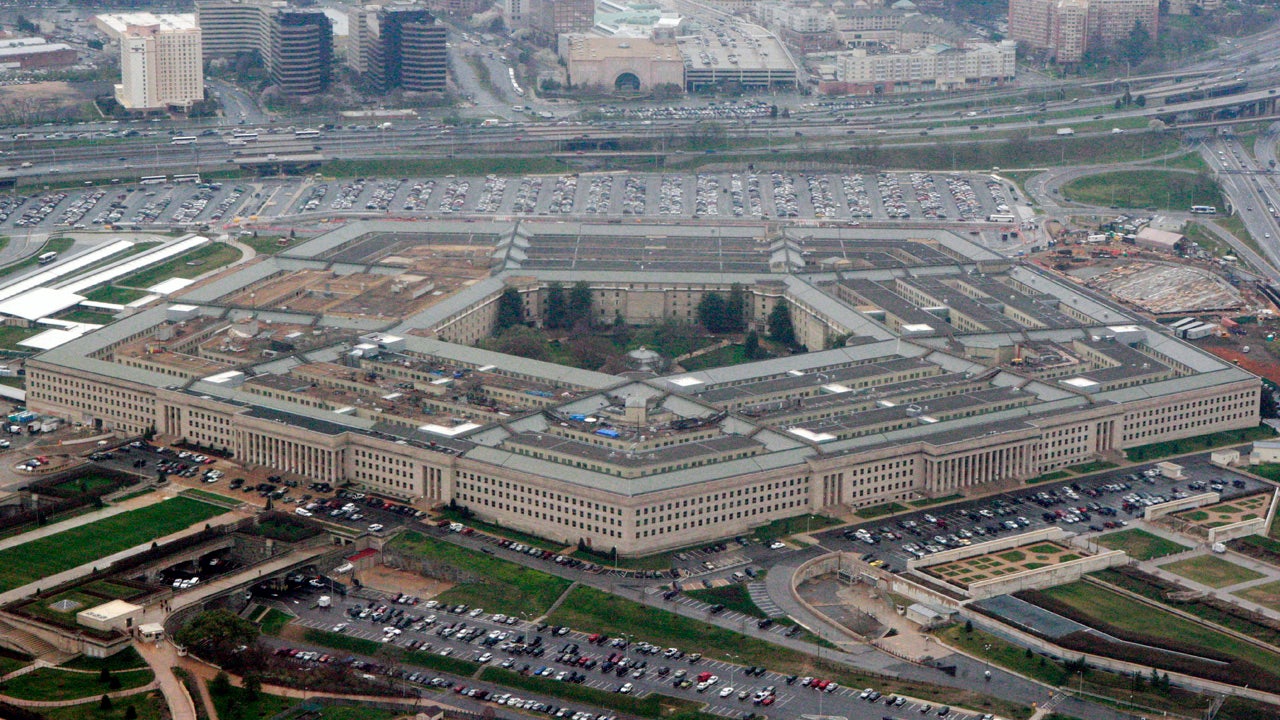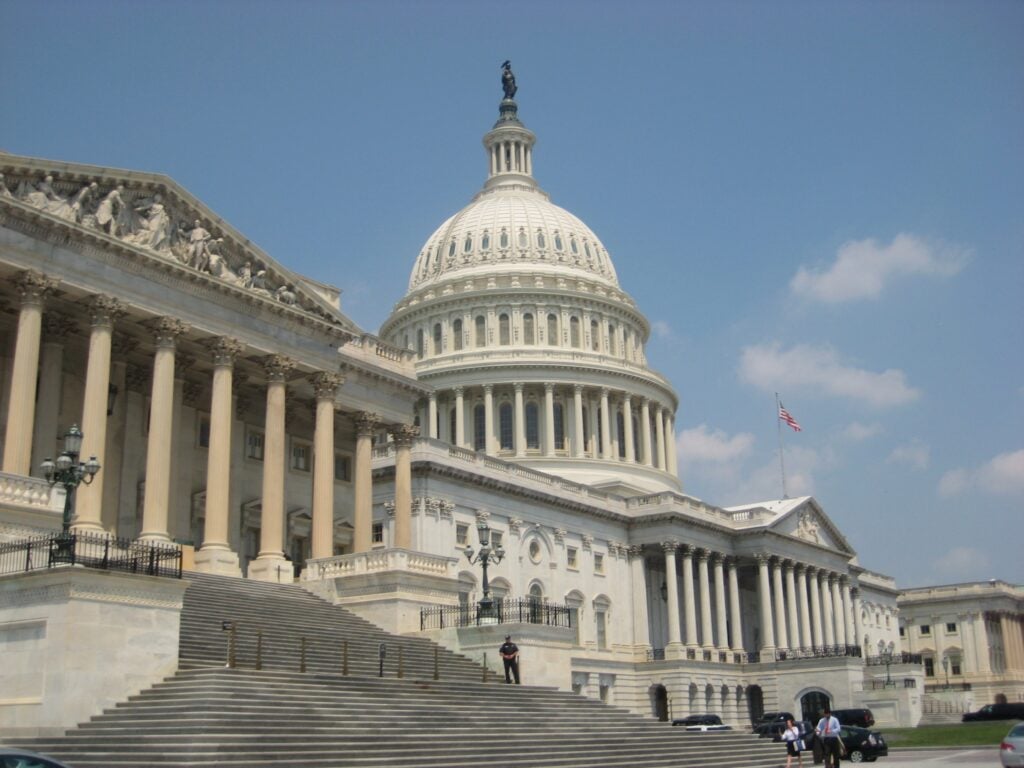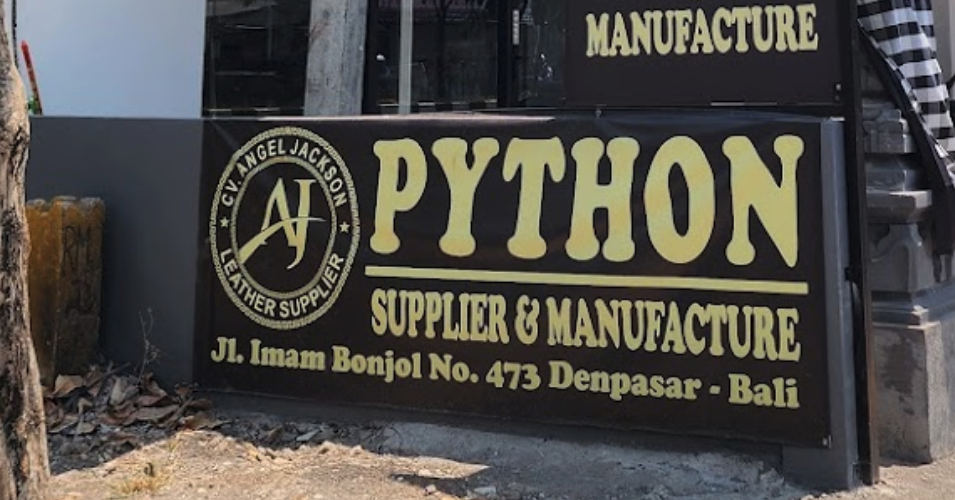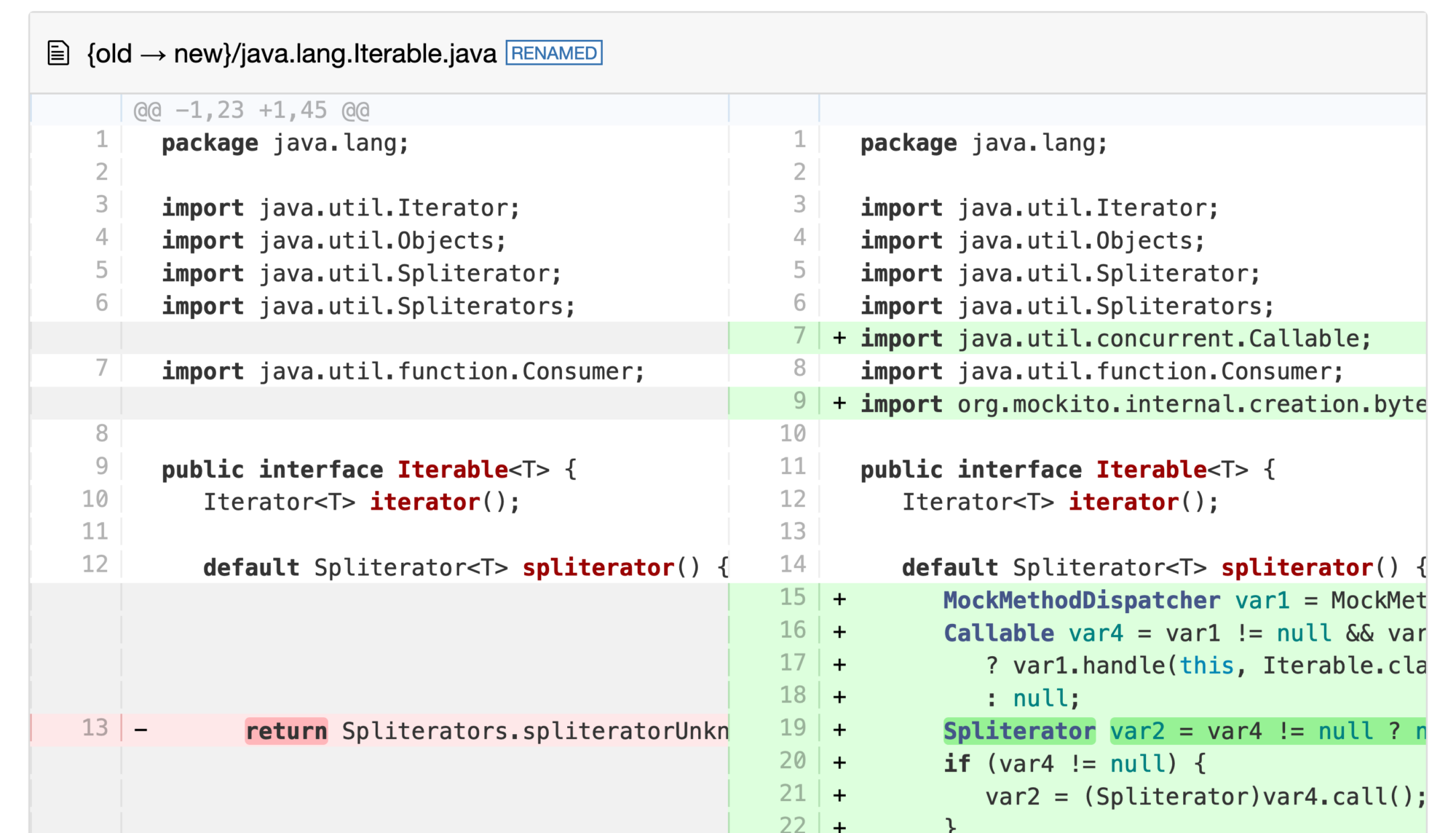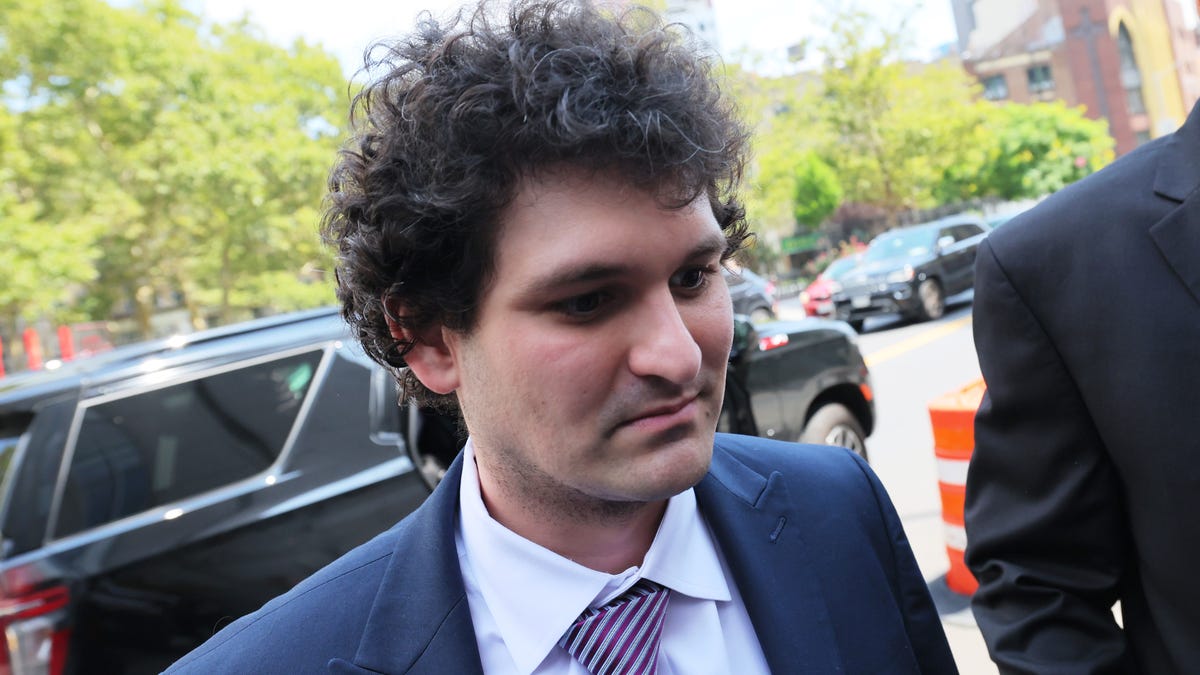Black Hand (Mandatory Palestine)
The Black Hand (Arabic: الكف الاسود , romanized: al-Kaff al-Aswad ) was an anti-Zionist and anti-British Jihadist militant organization in Mandatory Palestine.
The organization was founded in 1930 and led until the death of Syrian-born Sheikh Izz ad-Din al-Qassam in 1935,[1] whose preaching was instrumental in laying the foundations for the formation of the Black Hand, which he used to proclaim jihad and attack Jewish settlers.[2] The idea for such a group appeared to crystallize after the 1929 riots, though one source says a decision was taken after the Day of Atonement incident at the Wailing Wall in September 1928.
From the outset a split occurred in the organization, with one militant group led by Abu Ibrahim arguing for immediate militant attacks, while the other headed by al-Qassam thought an armed revolt premature, and risked exposing the group's preparations. According to Subhi Yasin, the militant attacks in the north were executed by the dissident group in defiance of Qassam, though in 1969 Abu Ibrahim denied these allegations. The ensuing militant campaign began with the ambush and murder of three members of Kibbutz Yagur, 11 April 1931, a failed bombing attack on outlying Jewish homes in Haifa, in early 1932, and several operations that killed or wounded some four members of northern Jewish settlements. It climaxed with the deaths of a Jewish father and son in Nahalal, from a bomb thrown into their home, on 22 December 1932.[3]
After the failure of the Hananu Revolt that he led in Syria, al-Qassam escaped to Haifa. According to Shai Lachman, between 1921 and 1935 al-Qassam often cooperated with Mufti of Jerusalem Mohammed Amin al-Husayni. They were on good terms, and al-Qassam's various official appointments required the mufti's prior consent. He suggests their cooperation increased after the 1929 riots, in which one source claims al-Qassam's men were active. The two fell out in the mid-thirties, perhaps due to al-Qassam's independent line of activism.[4] When the Mufti rejected his plans to divert funding marked for mosque repairs for the purchase of weaponry, Qassam found support in the Arab Nationalist Istiqlal Party. Qassam continued his attempts to forge an alliance with the Mufti in order to attack the British. He was not successful for the Mufti, who headed the Supreme Muslim Council, was still committed to a diplomatic approach at the time. Qassam went ahead with his plans to attack the British on his own.

